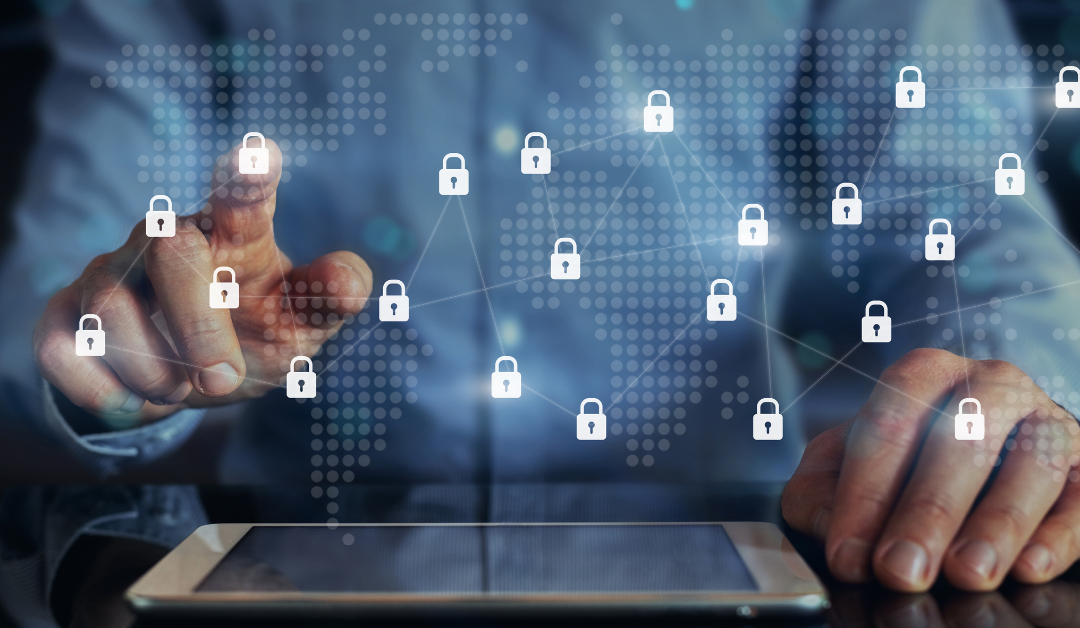
by Blair Butters | Oct 27, 2025 | Auditing, cybersecurity
In today’s digital world, cybersecurity is more important than ever, especially when it comes to your financial data. As scams, fraud attempts and phishing schemes continue to rise, we believe it’s essential to stay informed and proactive. We’re not here to spark fear. Our goal is to create awareness and offer simple steps to help protect your personal and business information. At DMA Tax & Accounting, we take every precaution to safeguard the data our clients trust us with and we’re here to help you do the same. Here’s a look at common risks, smart cybersecurity habits and how we work together to keep your information safe. Common Accounting Cyber Risks Handling financial data involves a number of cybersecurity challenges. Some of the most common risks include: Outdated software or systems that leave networks vulnerable to hackers Sending tax documents over unsecured email, which can be intercepted Weak or reused passwords, making accounts easier to breach Unsecured file sharing, which puts sensitive data at risk While some of these actions might seem minor, they can open the door to major security breaches that will create more hassle and risk in the long run than taking time to create precautions in the short run. Smart Cybersecurity Practices Here are a few smart steps to help you improve your cybersecurity. Some of our recommended best practices include: Use two-factor authentication (2FA) wherever possible. This adds an extra layer of protection even if your password is compromised. Popular tools include Google Authenticator, Microsoft Authenticator, and Authy. Many banks, email providers, and cloud-based software platforms now offer 2FA as a standard feature. ...



Recent Comments